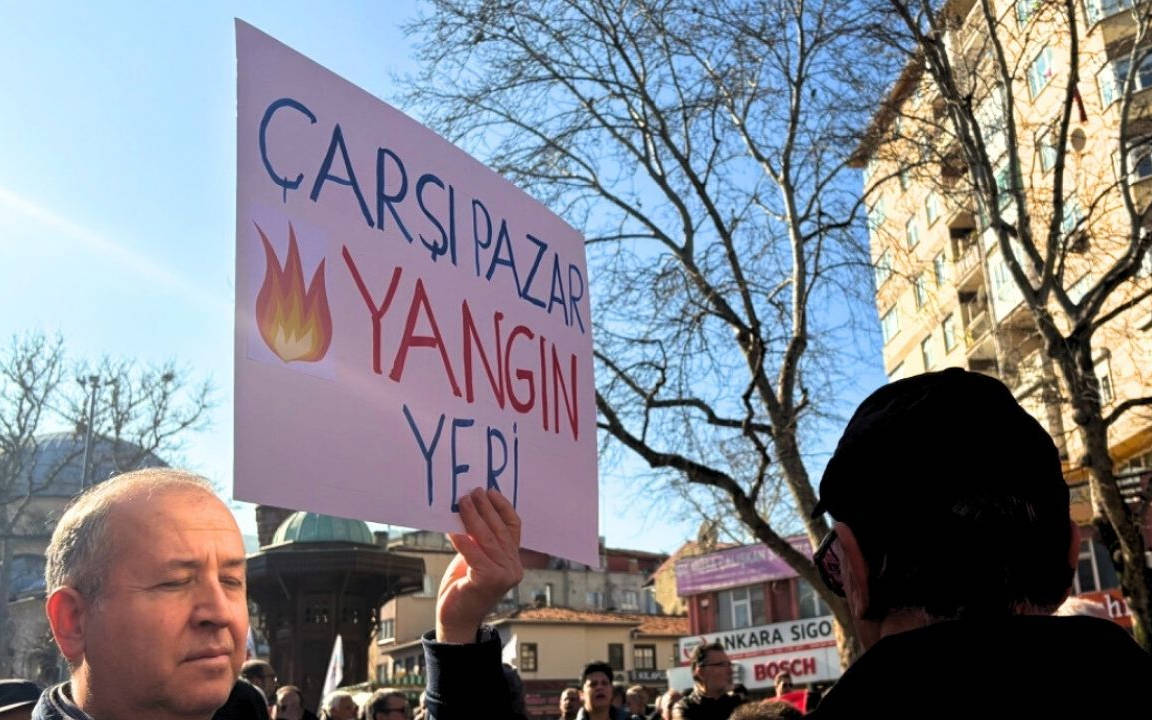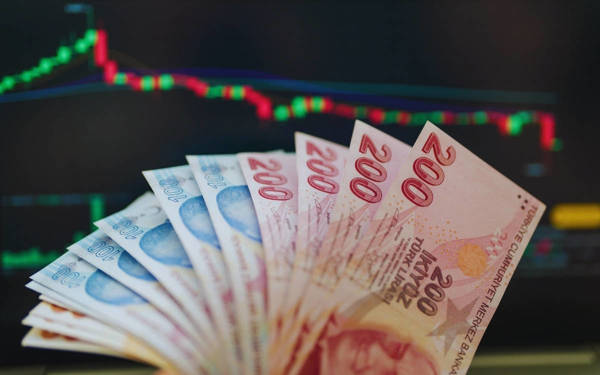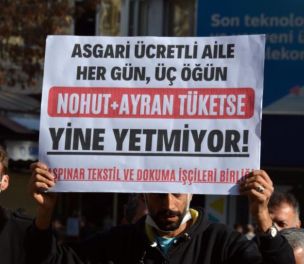Turkey’s finance minister signals above-inflation raise for minimum wage

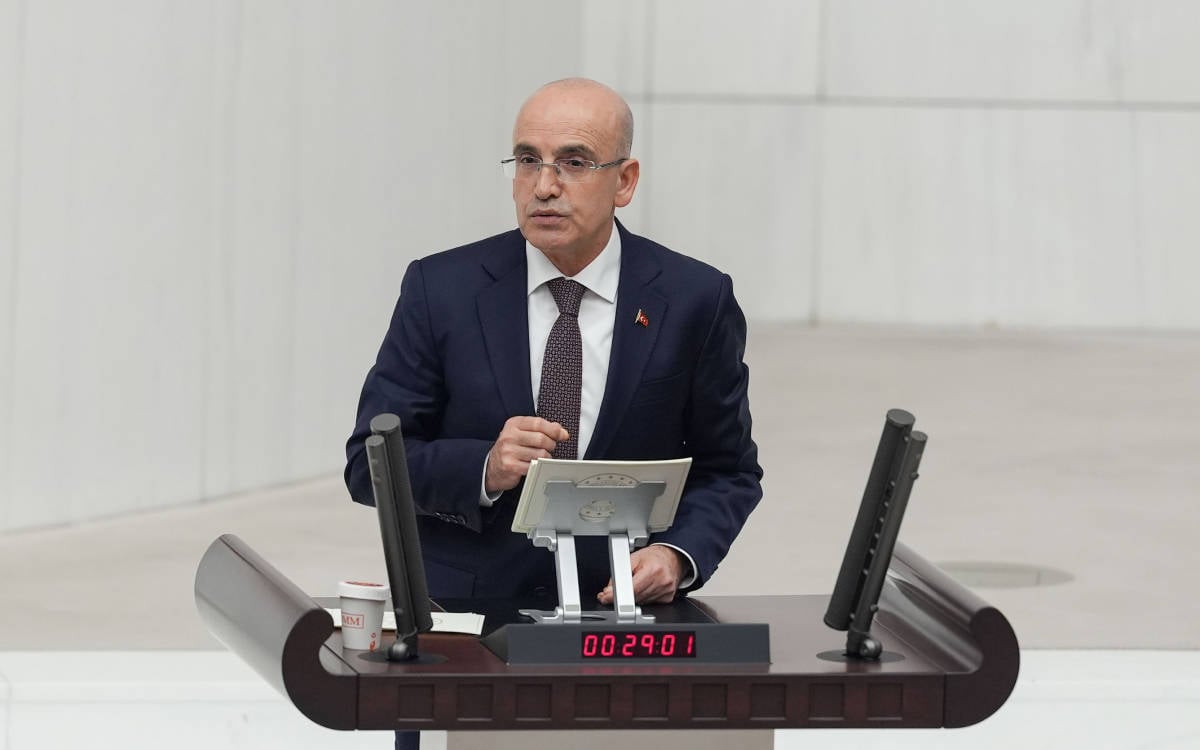
Treasury and Finance Minister Mehmet Şimşek has indicated that this year’s minimum wage increase could surpass the annual inflation rate, raising expectations for a boost in purchasing power for workers.
Speaking at parliament yesterday during budget talks, Şimşek said, “We will continue to protect the purchasing power of our citizens through wage policies. We have not allowed inflation to erode the income of workers or retirees, and we will not allow it.”
Şimşek noted that inflation currently stands at 47% and is expected to drop to around 45% by the end of the year. “This year, the minimum increase in civil servant salaries was 78%, which is 1.7 times the inflation rate. The lowest retirement pensions were increased by 68%, or 1.5 times inflation. The minimum wage will likely rise above the inflation rate as well,” he added.
The remarks have fueled expectations that the government could make a higher increase to the minimum wage and add a “welfare share." In recent months, expectations for wage hikes has shifted toward future inflation rather than current inflation rates, aligning with advice from the International Monetary Fund (IMF).
While the Central Bank’s year-end inflation forecast for 2025 is 21%, this year’s inflation is expected to close at around 45%. Some media reports suggested recently that an increase of approximately 35% for the minimum wage, around the midpoint between thesse projections, could be on the table.
The decision for the minimum wage will impact millions of workers, as trade unions estimate that roughly half of private sector employees in Turkey earn the minimum wage.
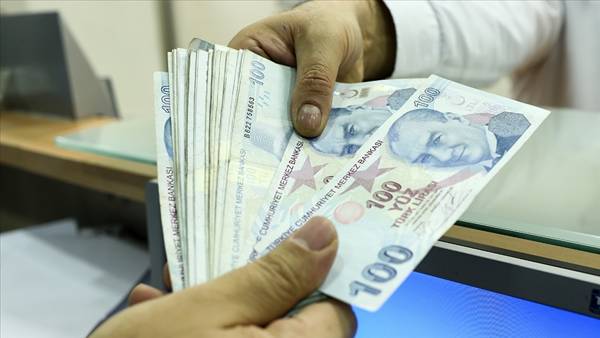
Prospects dim for Turkey's workers ahead of minimum wage raise
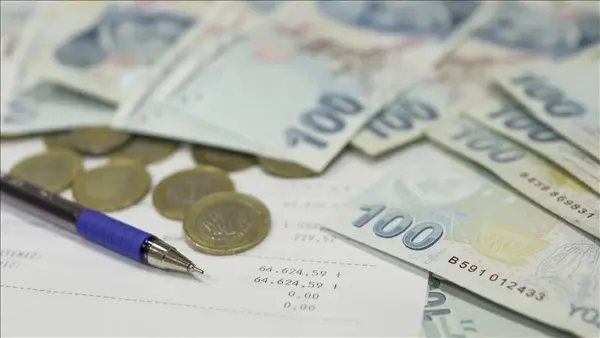
Economists urge government to base minimum wage raise on actual inflation
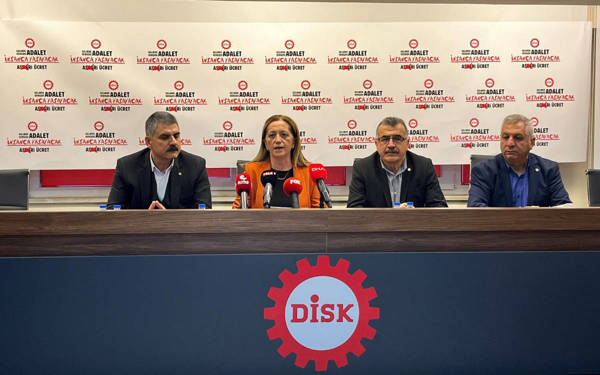
Minimum wage becoming average wage 'an intentional choice of government'
Tax debate
Şimşek praised the success of Turkey’s Medium-Term Program, claiming it has strengthened macro-financial stability and rebalanced the economy. He highlighted a decline in the current account deficit and said that the government had brought the budget deficit under control.
The minister also pointed out that inflation had fallen 28 percentage points from its peak of 75% in May, though he acknowledged that “service inflation remains persistently high.” He attributed this to services being slower to respond to disinflation policies.
“We are seeing a noticeable slowdown in inflation across various sectors, from food and durable goods to education and transportation,” Şimşek said. “We have laid the groundwork for permanently reducing inflation.”
Şimşek also addressed criticism that tax incentives disproportionately favor the business sector, using the exemption on minimum wage income as an example. “The cost of exempting minimum wage earners from taxes will amount to 853 billion lira in 2025. That accounts for nearly one-third of all tax expenditures,” he said. (VK)




